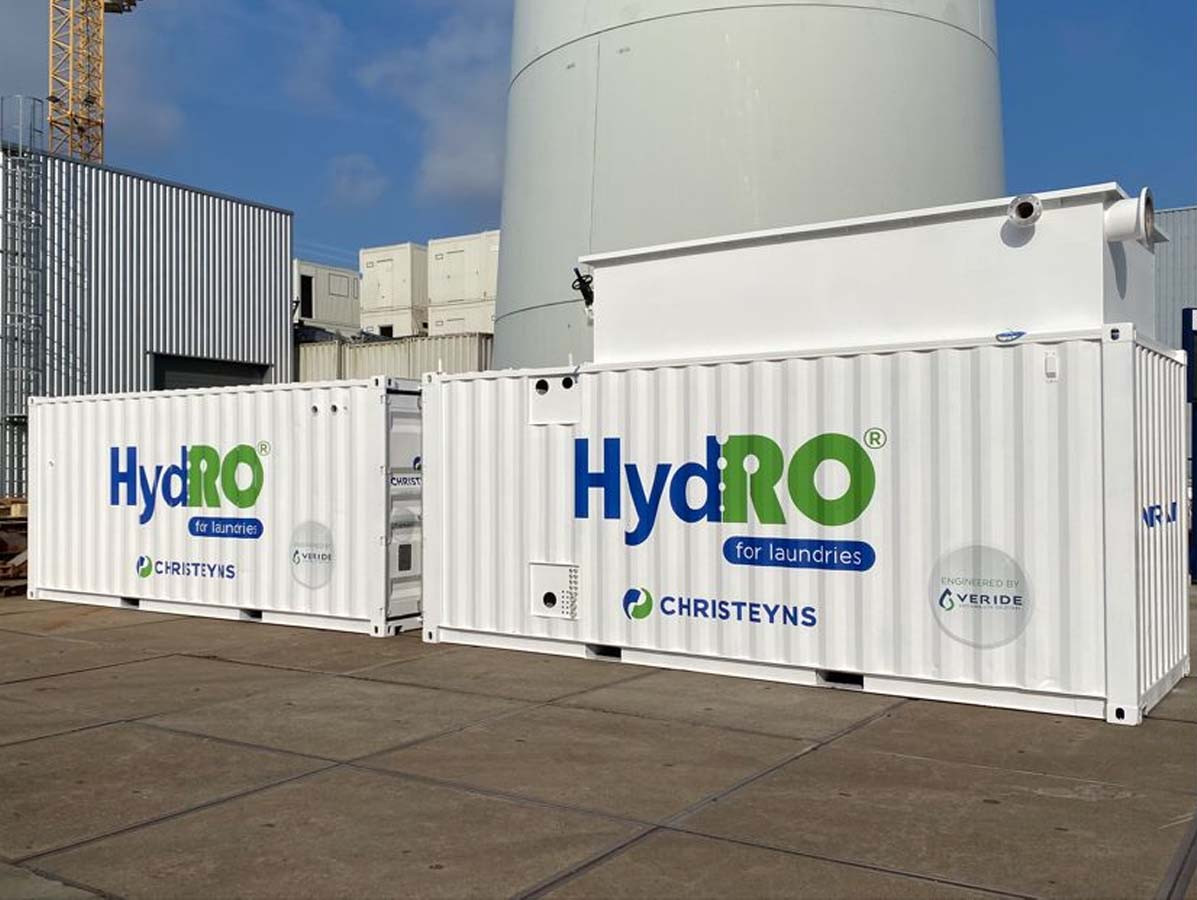
The food industry faces the challenge of ensuring food safety while sustainability becomes increasingly important. How can you make the hygiene process more sustainable without compromising on food safety, efficiency, and costs?
Climate change is leading to increased water scarcity worldwide. European water supplies are also under threat, and the Netherlands is no exception. This also affects the food industry, which requires large amounts of water for production, cooling, and cleaning. Without an adequate approach, costs may rise, production may halt, and food safety may be jeopardized. Innovative, sustainable solutions are needed to reduce water consumption and lower environmental impact. Christeyns offers a range of key measures to address this.
At the foundation is the hygienic design of machines and production lines. Equipment must be designed for easy cleaning. This enhances food safety and improves cleaning process efficiency. Consequently, water usage is optimized, and cleaning time is reduced.
The choice of cleaning agents has a significant impact. Opt for products that require less water for rinsing and work at lower temperatures. This directly affects water, energy, and cleaning time. Innovative technologies, such as enzyme technology, allow for reduced time and temperature, leading to significant energy and water savings. Additionally, enzymes aid in wastewater treatment and are fully biodegradable.
Advanced monitoring systems, such as Christeyns' InSite CIP, provide real-time insights into water, energy, and cleaning agent consumption. These systems accurately determine the best cleaning conditions, optimize cleaning schedules, and assess the effectiveness of hygiene processes. Deviations are quickly identified, ensuring a more efficient and sustainable production process.
Automating cleaning processes not only ensures more consistent results but also reduces water consumption. Automating conveyor belt cleaning, for example, can result in up to 40% water savings and a 60% reduction in cleaning agents.
One of the most important measures is the installation of water recovery systems. By treating and reusing wastewater, a circular water system is created. This reduces water consumption and contributes to a more sustainable production environment. An example is the HydRO system implemented by Christeyns at a company that cleans 85 million crates annually and generated 200 m³ of wastewater daily. HydRO achieved a 70% water saving and significant cost reduction.
Sustainability means investing in technologies and processes that are both economically and ecologically beneficial. With the right approach and technologies, it is possible to reduce water consumption and costs without compromising food safety. Christeyns offers a step-by-step plan to guide companies through the sustainability process, from analysis to evaluation.
Want to know more? Download our whitepaper for comprehensive details. Or contact Christeyns directly for a non-binding consultation.
Source: Christeyns